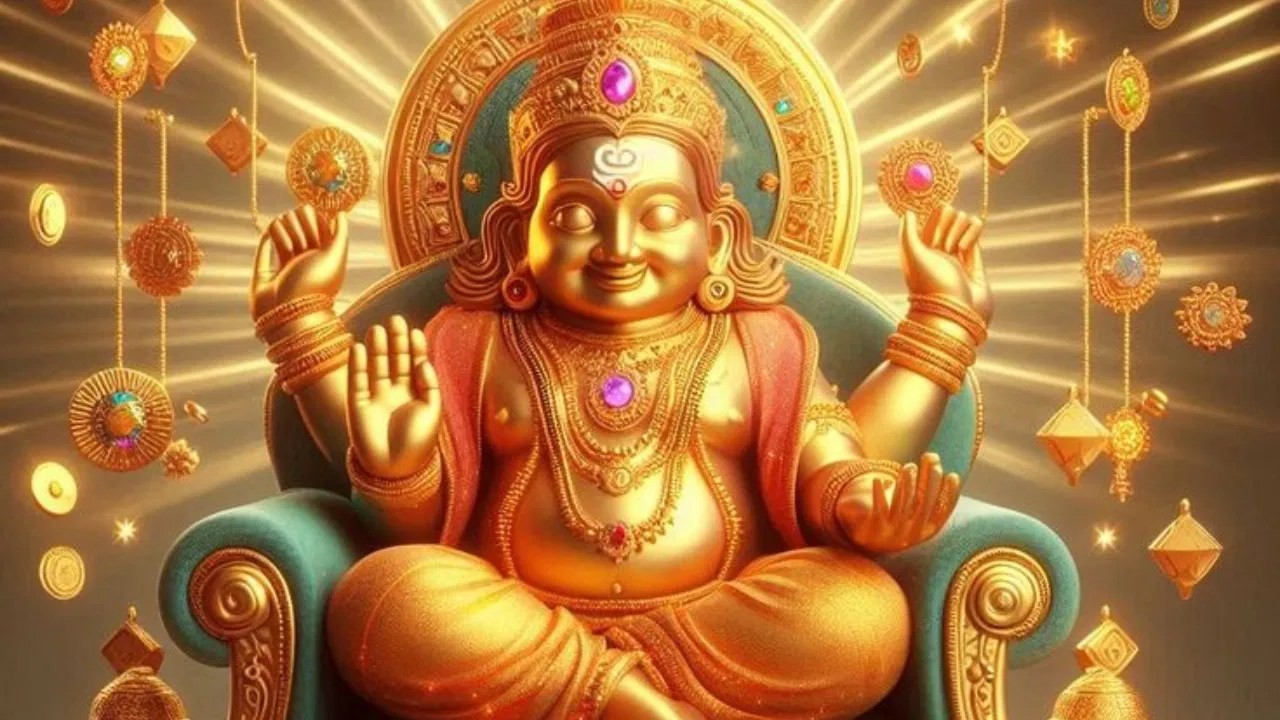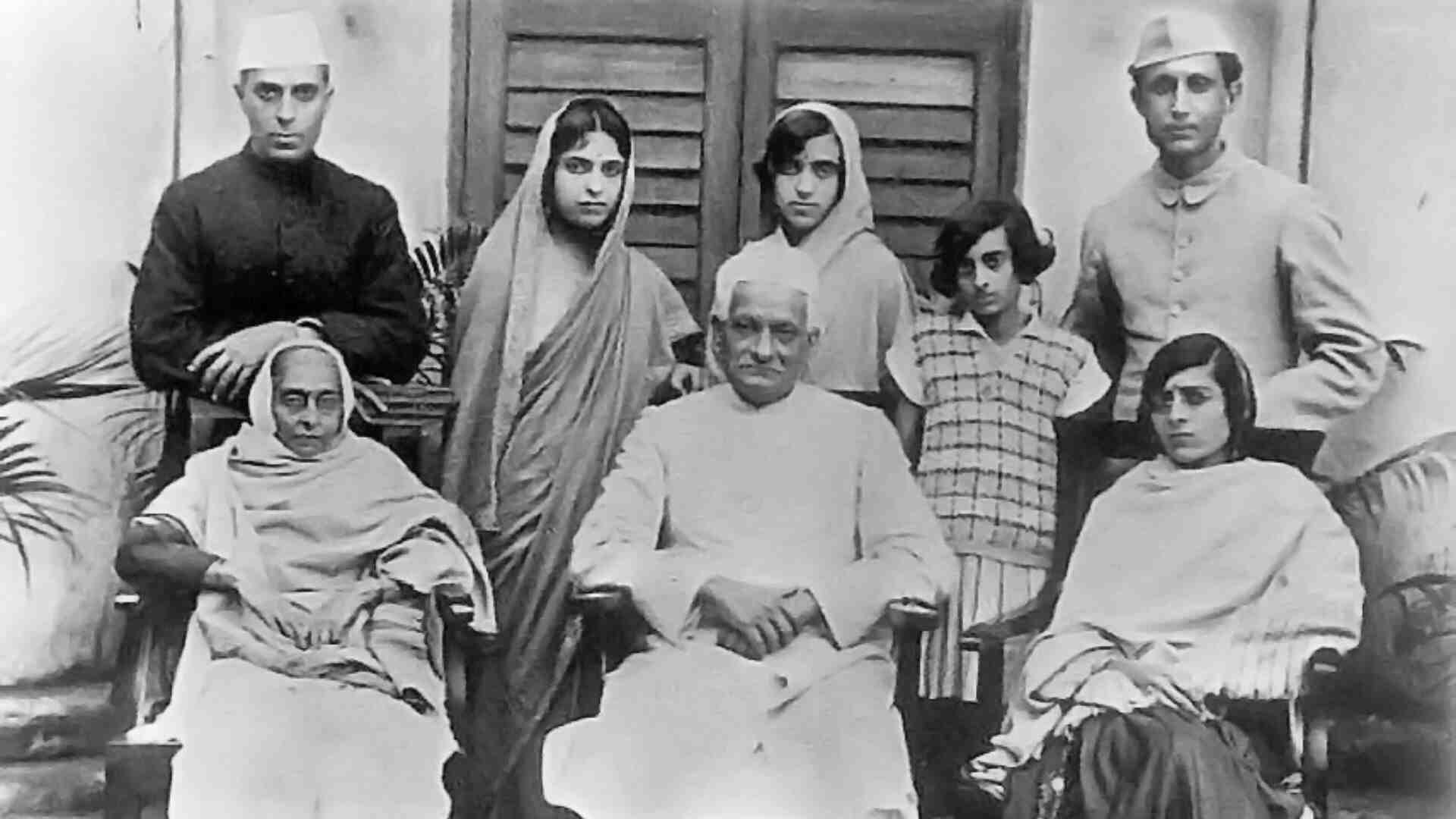Gurdaspur is one of the parliamentary constituencies in Punjab that shared border with Pakistan and enjoyed a dominance of Bollywood stars like Vinod Khanna for nearly 18 years and Sunny Deol presently.
Gurdaspur Lok Sabha constituency is one of the 13 Lok Sabha (parliamentary) constituencies in Punjab state in northern India. The incumbent MP is Sunny Deol from Bharatiya Janata Party. Gurdaspur Lok Sabha constituency is located in the state of Punjab, India. It’s one of the 13 parliamentary constituencies in the state. Gurdaspur is known for its rich cultural heritage and historical significance. It has a diverse population comprising various communities, including Sikhs, Hindus, and Muslims.
Historically, Gurdaspur has been a politically significant constituency. It gained prominence due to its association with late actor and politician Vinod Khanna, who represented the constituency several times. However, after his demise, the political landscape in Gurdaspur witnessed changes.
The constituency covers areas like Gurdaspur, Dera Baba Nanak, Batala, and Qadian among others. Agriculture is a primary occupation in this region, with wheat, rice, and sugarcane being the major crops.
In terms of politics, Gurdaspur has seen competition among various political parties, including the Indian National Congress, Shiromani Akali Dal, and Bharatiya Janata Party (BJP), among others. The demographics and socio-political dynamics of the constituency often influence the electoral outcomes. Let’s deep dive today into history of this constituency to understand its political dynamics
Member of Parliaments
Teja Singh Akarpuri: He was the First MP from Gurdaspur constituency In Lok Sabha from 1952 to 1957 and was succeeded by Diwan Chand Sharma. After the Nankana Sahib massacre of February 1921, he resigned from government service and joined the Akali movement. The SGPC appointed him administrator of Gurdwara Premsati at Kamalia, in Montgomery District, now in Pakistan. In 1921, he was appointed Jathedar of Akal Takht, Amritsar. He was president of Sri Nankana Sahib management committee from 1935 to 1938. In the Punjab Assembly elections in January 1937, he contested the Batala constituency as a nominee of the Shiromani Akali Dal, but lost to Sir Sundar Singh Majithia, leader of the Khalsa National Party. He was again elected a member of the Shiromani Gurdwara Parbandhak Committee in 1939. He became 7th president of the Shiromani Akali Dal in 1940. He presided over the first Sarb Hind Akali Conference at Atari, in Amritsar district, on 10 February 1940. Jathedar Teja Singh Akarpuri was a member of the 1st Lok Sabha from 1952 to 1957 representing his native district, Gurdaspur.
Diwan Chand Sharma: He was the member of 1st Lok Sabha from Hoshiarpur (Lok Sabha constituency) in Punjab State, India. He was elected to 2nd Lok Sabha, 3rd and 4th from Gurdaspur (Lok Sabha constituency). He was MP from Gurdaspur from 1957–1962, 1962–1967 and 1967–1968. He was succeeded by Prabodh Chandra.
Veer Yagya Dutt Sharma: He was associated with RSS and was one of the founding members of Bhartiya Jan Sangh. He was a member of the fourth and sixth Lok Sabha representing the Amritsar and Gurdaspur parliamentary constituencies in Punjab during 1967-70 and 1977–79. He was also a leader of Bharatiya Janata Party. His memorable contribution in establishing Bhartiya Jan Sangh in the rural areas of hills of Punjab (Kangra Una Hamirpur & Shimla) which are presently the part of Himachal Pradesh deserves a special mention. He was the Governor of Odisha from 1990 to 1993. During the famines of 1943 in Bengal and Kangra-Kula valley in 1945–46, he along with a team of doctors from Punjab provided relief to the famine-stricken people.
Sukhbans Kaur Bhinder: She was an Indian politician belonging to the Indian National Congress, who was the only woman in the country to become an MP six times – five times of the Lok Sabha and one of the Rajya Sabha. She was elected to the Lok Sabha from Gurdaspur in Punjab in 1980, 1985, 1989, 1992 and 1996. She was elected to the Seventh Lok Sabha in 1980 for the first time. She was re-elected to the Eighth Lok Sabha in 1985 for the second time and then in 1989 to the Ninth Lok Sabha, in 1992 to the Tenth Lok Sabha and in 1996 to the Eleventh Lok Sabha. She was defeated by actor-turned politician Vinod Khanna of BJP during the Lok Sabha polls in 1997. She was nominated to the Rajya Sabha in 2005. She was also the member of the Joint Committee to examine the Dowry Prohibition, 1961 from 1981–82 and Union Minister of State, Civil Aviation and Tourism in the Department of Tourism from July 1992 to May 1996. She was interested in social work and upliftment of women. She also worked as an executive with ITDC and East India Hotels and underwent training as Hotel Executive in Paris.
Vinod Khanna: He was an Indian actor, film producer and politician who is best known for his work in Hindi films. In 1997, Khanna joined the Bharatiya Janata Party and was elected from Gurdaspur constituency in Punjab in the next year’s Lok Sabha poll. In 1999, he was re-elected to the Lok Sabha from the same constituency. Later, he became union minister for culture and tourism in July 2002. Six months later, he was moved to the Ministry of External Affairs (MEA) as Minister of State. In 2004 he won re-election from Gurdaspur. However, Khanna lost out in the 2009 general elections. In the 2014 general election he was again elected for the 16th Lok Sabha from the same constituency. No other Bollywood star has triumphed in four Lok Sabha polls (1998, 1999, 2004 and 2014). He also served as Union minister of state for tourism and culture, as well as external affairs. He was the recipient of two Filmfare awards. Khanna was one of the highest-paid stars of his times, along with Amitabh Bachchan and Rajesh Khanna. He was the only superstar who could compete with Amitabh Bachchan’s box office run in late 1970s to early 1980s before taking break from films. After joining politics, he became the MP from the Gurdaspur constituency between 1998–2009 and 2014–2017. In July 2002, Khanna became the minister for Culture and Tourism in the Atal Bihari Vajpayee cabinet. Six months later, he became the Minister of State for External Affairs. Khanna has been posthumously awarded India’s highest award in cinema, the Dadasaheb Phalke Award in 2018 by the Government of India at 65th National Film Awards.
Partap Singh Bajwas: He is the son of Satnam Singh Bajwa who was a three-time Member of Legislative Assembly Punjab and Minister in the government of Punjab. He completed his schooling at Punjab Public School, Nabha. He started his career in politics as a student leader in 1976 became President of Youth Congress in 1982 and rose to the President of State Congress. He has served as a minister under chief ministers Beant Singh, Rajinder Kaur Bhathal, and Amarinder Singh. Partap Singh Bajwa is Rajya Sabha member since 10 April 2016.
He started his career in politics as a student leader in 1976 from DAV College, Chandigarh, became President of District Youth Congress Gurdaspur then Vice President of Youth Congress in 1980, President of Youth Congress in 1982, and rose to the President of State Congress.
Sunil Jakhar: He is an Indian politician and president of the Bharatiya Janata Party, Punjab unit since 4th July 2023. Previously, Jakhar was the president of the Punjab Pradesh Congress Committee from 2017 to 2021. Elected consecutively three times from Abohar Assembly constituency (2002-2017). He was a member of the Indian National Congress (INC) for five decades until 2022. In May 2022, he joined the BJP. Earlier, Jakhar was elected as a Member of Parliament from Gurdaspur constituency to the Lok Sabha, the lower house of Indian parliament in a by-election in 2017. His father was Balram Jakhar, a prominent Indian politician of the Congress party, who served as the Speaker of the Lok Sabha and founded the Bharatiya Krishak Samaj, a farmers’ organization. Jakhar first became a member of Punjab Vidhan Sabha from Abohar Assembly constituency in 2002. In 2007 and 2012, he was re-elected from Abohar. He became a member of parliament after winning a by-election in Gurdaspur. He left the Indian National Congress on 14th May, days after receiving a notice from Congress High-Command. He joined the Bharatiya Janata Party on 19 May 2022 in Delhi. On July 4, 2023, Jakhar was made the president of BJP Punjab.
Sunny Deol: His real name is Ajay Singh Deol and screen name is Sunny Deol. He is an Indian actor, film director, producer, politician and incumbent Member of Parliament in the Lok Sabha, the lower house of Indian Parliament. He was elected from the Gurdaspur constituency of Punjab. Deol joined the BJP on 23 April 2019. He won the 2019 Lok Sabha Elections from Gurdaspur constituency in Punjab against Sunil Jakhar of Indian national Congress with a margin of 82,459 votes. As of 11 December 2023 he has an attendance of 18% in the Parliament. The national average for the same is 79%.
In cinema world, he is one of the highest grossing actors of Indian cinema and he has worked in more than 90 Hindi films in a career spanning over four decades and is particularly known for his angry action hero persona. Deol has won several awards including two National Film Awards and two Filmfare Awards. He is elder son of actor and politician Dharmendra, who was an MP from Bikaner. Deol had his biggest commercial successes in the period action films Border (1997) and Gadar: Ek Prem Katha (2001). After more than a decade of decline, he made a career comeback by reprising his role in Gadar 2 (2023), which became the highest-grossing film of his career and the sixth highest-grossing Hindi film of all-time.
Interesting Facts
Historical Significance: Gurdaspur is known for its historical significance, being situated near the India-Pakistan border. It has witnessed various historical events, including the partition of India in 1947.
Border Area: Gurdaspur shares its border with Pakistan, making it strategically important. The Wagah-Attari border crossing, one of the few road border crossings between India and Pakistan, is located nearby.
Cultural Diversity: The constituency is culturally diverse, with a mix of Sikh, Hindu, and Muslim communities.
This diversity is reflected in its religious sites, festivals, and traditions.
Film Connection: Gurdaspur gained prominence in the Indian film industry due to actor Vinod Khanna, who represented the constituency in parliament. Khanna, a popular Bollywood actor, was elected multiple times from Gurdaspur.
Agricultural Hub: Agriculture is the primary occupation in Gurdaspur, with fertile land supporting the cultivation of crops like wheat, rice, and sugarcane. The agrarian economy plays a crucial role in shaping the socio-economic landscape of the constituency.
Political Dynamics: Gurdaspur has been a politically significant constituency, witnessing competition among various political parties. The electoral landscape has seen shifts over the years, influenced by factors such as demographic changes, development initiatives, and regional dynamics.
Historic Sites: The constituency is home to several historic sites, including forts, temples, and gurdwaras. These sites attract tourists and pilgrims, contributing to the cultural and economic vitality of the region.
Industrial Growth: Alongside agriculture, there has been a growing emphasis on industrial development in Gurdaspur. The establishment of industrial zones and the presence of manufacturing units have contributed to job creation and economic growth.
Education Hub: Gurdaspur is also emerging as an education hub, with institutions offering quality education in various fields.
Education infrastructure development has been a focus area for enhancing human capital and promoting socio-economic progress.
Tourism Potential: The constituency has untapped tourism potential, with scenic landscapes, heritage sites, and religious landmarks. Efforts to promote tourism could further boost economic growth and employment opportunities in the region.























